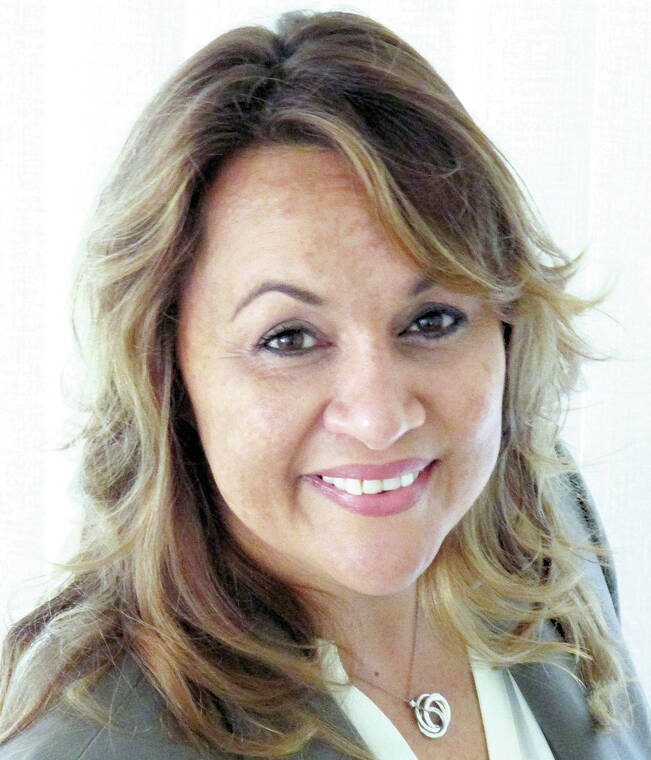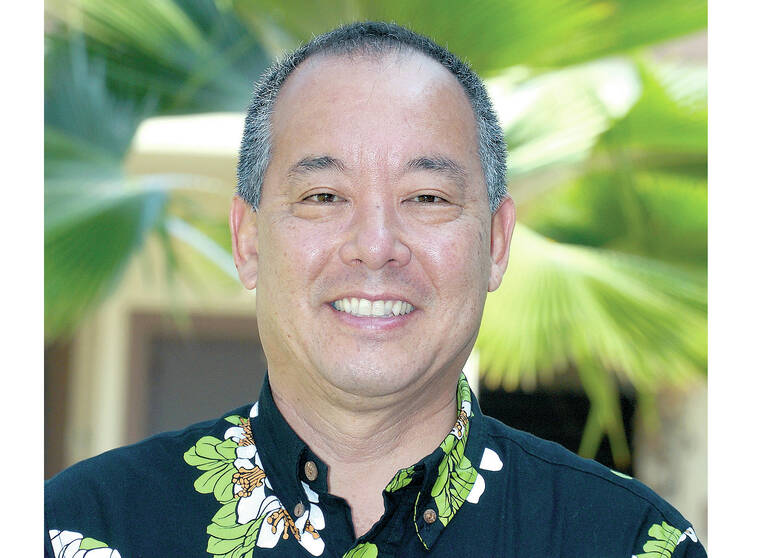With the specter of California’s Proposition 13 hanging over the room, the County Council Finance Committee on Tuesday postponed a measure that would have capped increases in property values for most commercial classes.
Bill 156 would cap the value of property classified as apartment, hotel and resort, commercial, industrial, agricultural or native forests, or conservation at 15% of the previous year’s assessed value for that property.
Council members said they’d like to see financial impact statements on how the measure would affect the county budget and its bond rating before moving forward. There’s no rush, they learned, after finding out the measure wouldn’t provide relief from steep increases in property values this year that were brought on by a robust sales market.
Property values in the homeowner and affordable rental classes are already capped at 3%.
The council has the authority to adjust tax rates every year, so potential relief is still on the table, noted Hilo Councilwoman Sue Lee Loy, the bill sponsor.
“It doesn’t provide them initial relief on the August tax bill; the second step would be addressing rates,” Lee Loy said. “This cap would be relief in future years which requires us to also look at the rates. If we are able to estimate these guardrails where our businesses can better forecast, that’s better for the economy. … this is definitely something that our business community is looking for.”
While most council members say they’ve been hearing from property owners “who have whiplash” over the increases in values, appeals to the county Real Property Tax Office by Monday’s deadline aren’t setting records. There are 797 appeals this year compared to the record 1,439 in fiscal year 2009-2010.
The tax office is now certifying property values and they can’t be changed without going back and reappraising parcel-by-parcel the 60,073 affected of the county’s 140,905 taxable parcels, said Finance Director Deanna Sako.
Hilo Councilman Aaron Chung urged the council to consider “the cautionary tale of Proposition 13 in California that almost ran those people broke.”
“I’m not a big fan of these caps,” Chung said.
Proposition 13, passed in California in 1978, set stringent limits on property value increases, resulting in the state having to resort to income taxes to finance needed services. This destabilized the economy by relying heavily on a fluctuating source of revenue.
“One of the reasons we have a good bond rating … are the assessments and then the council sets the rates and that’s how protections are extended to our taxpayers,” Sako said.
The committee also postponed another Lee Loy measure, Resolution 291, which authorizes the finance director to issue a $250 credit to be applied to the August real property tax bill of property in the homeowner’s class, except for those that failed to pay any portion of due taxes, properties assessed at the minimum tax rate, or properties sold during the taxable year.
The measure had been postponed from a January meeting in order for Corporation Counsel to research whether the council had the authority to go this route. But Corporation Counsel Betsy Strance said her office had not yet found an answer, leading to a postponement until May 3.
Chung, also an attorney, took a stab at it.
“I think our power only extends to the establishment of the tax rate; that’s my thought,” Chung said.





